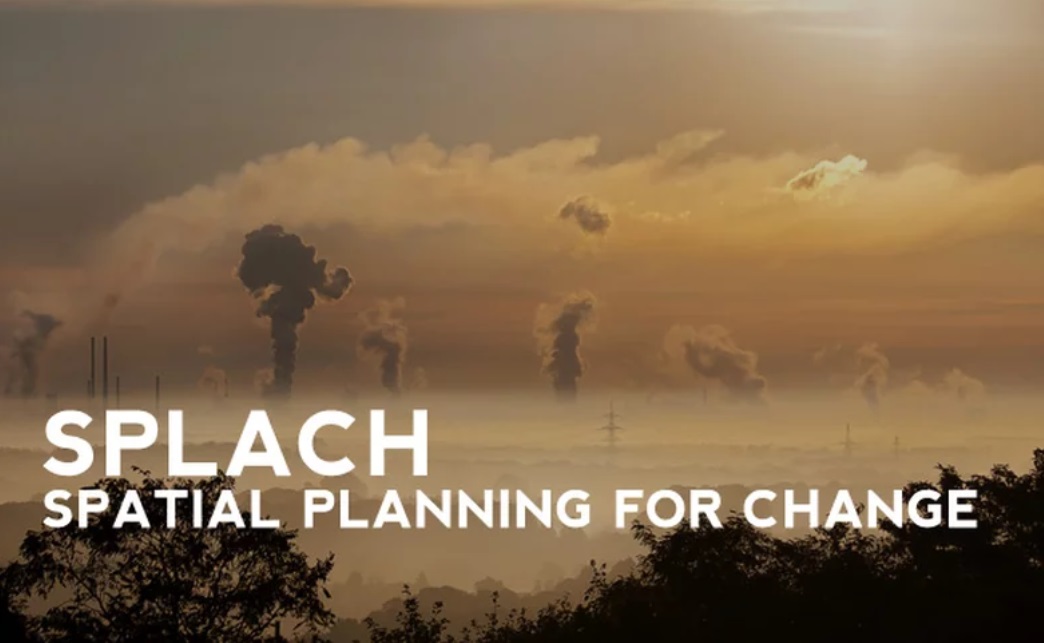Planeamento territorial para a mudança
Investigadora
Nos últimos anos, toda a base legal e regulamentar do Sistema de Planeamento Português sofreu uma reforma ambiciosa e de longo alcance. No entanto, hoje, como no passado, o grande esforço na produção de nova legislação e regulamentação não foi acompanhado por um esforço semelhante na produção de doutrina de planeamento, aqui entendido como um vasto e coerente conjunto de políticas de planeamento e medidas de implementação, capazes de melhorar, do ponto de vista técnico e científico e sob uma abordagem baseada em evidências, não só a qualidade da prática de planeamento, mas também, e principalmente, seu papel pró-ativo, incorporando novos e emergentes tópicos e desafios e preocupações sociais, promovendo mudanças e abertura a novas vias de transição para o futuro. Este papel pró-ativo de planeamento, defendido aqui, contrasta com a sua posição conservadora tradicional em Portugal (e em outros Estados-Membros da UE), de olhar para trás e passivamente acomodando, senão desacelerando, a mudança e a reforma social e física de nossas cidades e metrópoles .
O planeamento pode, e deve, constituir um dispositivo transformador nas nossas cidades na Europa e em outros lugares, particularmente nos tempos atuais e com uma visão a longo prazo. De fato, as mudanças atuais parecem muito mais profundas nos tecidos urbanos existentes experimentando recomposições profundas de funções e atividades, do que em termos físicos, em termos estritos, onde os investimentos passados em infra-estruturas e no ambiente construído pareciam ter excedido a procura real e gerado um excedente da reserva de construção que, alguns anos depois, ainda permanece parcialmente vazia ou subutilizada.
O programa de Planeamento Espacial para Mudança (SPLACH) baseia-se em algumas das principais áreas de conhecimento dos centros de pesquisa CITTA, DINÂMIA'CET-IUL e GOVCOPP. Foram identificadas duas a três principais áreas de conhecimento para cada centro: cidades pós-carbono, políticas transformadoras, ordenamen...
Informação do Projeto
2017-01-01
2021-02-28
Parceiros do Projeto
TESS - Transition to an environmentally sustainable energy system - The role of technology-intensive firms in the commercialisation of emerging energy technologies
Investigadora Responsável
Project goals: This project addresses the role of emerging energy technologies in the transition to an environmentally sustainable paradigm. It focuses on the functions played by new technology-intensive firms (NTIFs) - academic or corporate spin-offs - in the process of developing research-based renewable energy technologies, and introducing them into the market, as well as on their interactions with other key actors.Methodology:Using a combination of qualitative and quantitative methods, we will address the commercialization process of new technologies, with a view to understanding:1) the role of firms originating from academic institutions or from established companies in the market introduction of renewable energy technologies;2) the type of alliances and networks they establish and the nature and behaviour of other actors they engage with (research organizations; large energy established firms, etc.);3) the impact of policies, through incentives or through the creation of a legal framework and technical infrastructures and norms;4) the impact of institutional changes, both policy induced and deriving from social behaviour changes. Our final objective is thus to uncover the roles that emerge as a result of the strategies identified their relative prevalence and the specific configurations they assume in the energy area. The impact of particular institutional contexts will be assessed through international comparisons (with Netherlands and UK). This will enable us to typify the roles played by NTIFs in the transition to a sustainable energy regime. The results of this project will contribute to on-going research on how to achieve a regime shift, as well as to an understanding of how these processes are taking place in the Portuguese energy system, providing insights to policy formulation and supporting collective action by environmentally active social groups.
Informação do Projeto
2011-03-15
2014-09-14
Parceiros do Projeto
A governance culture for the creative city: urban vitality and international networks
Investigadora
This Project intended to enlarge knowledge and to build strategic action lines over frameworks, dynamics and governance tools that may promote and strengthen urban vitalization, creativity and the cities’ competitiveness. Methodology was based on conceptual development for cross-disciplinary analytical purposes; survey of empirical information and bibliographical sources; mapping of quantitative and qualitative empirical information; confronting and enriching ongoing research with urban agents.
Informação do Projeto
2007-08-01
2010-12-31
Parceiros do Projeto
ENTSOCNET - Entrepreneurs' social networks and Knowledge acces: the case of biotechnology and IT sectors
Investigadora Responsável
Our goal was to understand the role of social networks of scientific entrepreneurs in the creation and diffusion of knowledge in biotechnology, with a view of contributing to the design of S&T policies regarding the interface between science and industry appropriate to intermediate development economies. There were five different stages: literature revision, two empirical research stages, a computerized simulation tryouts stage and, finally, conclusions and consequences for the implementation of public policies.
Informação do Projeto
2005-06-15
2008-06-30
Parceiros do Projeto

 English
English


